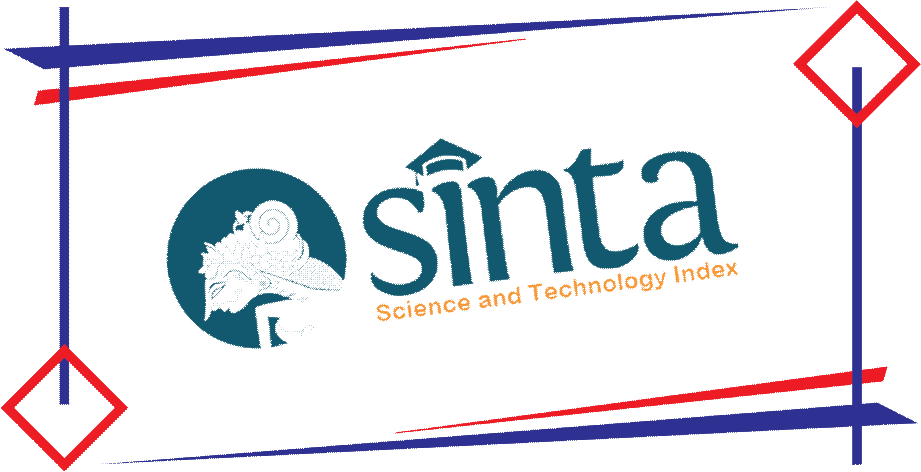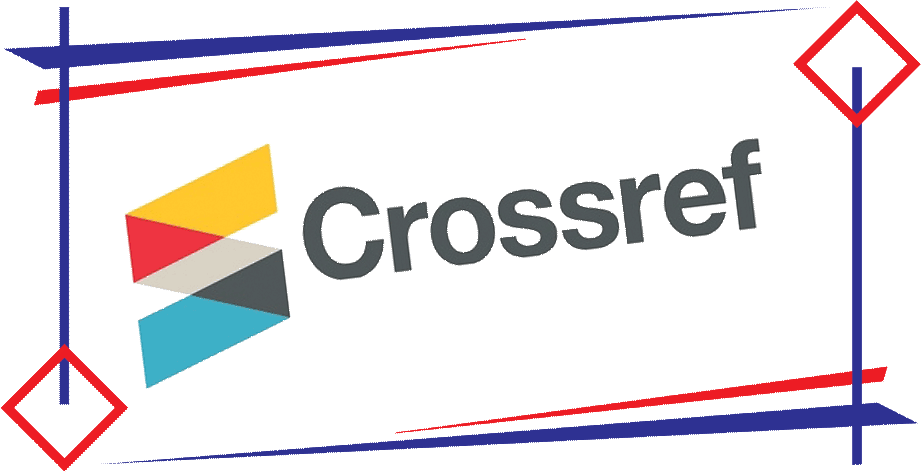Comparative Analysis of 5 Algorithm Based Particle Swarm Optimization (PSO) for Prediction of Graduate Time Graduation
Achmad Noercholis, Mohammad Zainuddin
Abstract
Graduation information is very important for Higher Education involved in education. The data received by students each year is an important part as a source of information for making decisions on the Higher Education side in admitting new students. The results show the PSO-based K-NN Algorithm at k-optimum = 19 has the best performance of the 5 existing algorithms, with an Accuracy value = 74.08% and an Under Curve Area (AUC) value = 0.788. Attributes of Gender, Semester Achievment Index 1, 2, 4, 6 and 7 as well as Employment Status make a real contribution to the right graduation of students. The addition of the Particle Swarm Optimization (PSO) feature always increases the accuracy value, while the highest increase in accuracy value in the Decision Tree (C4.5) Algorithm is 5.21%, the lowest in the Vector Support Engine Algorithm of 1.79%. The K-Nearest Neighbor (k-NN) algorithm corresponds to the third order, it remains the algorithm that has the best value, the highest accuracy value, this is due to the questionable value before discussing the PSO features. For the evaluation phase, the results of the accuracy are much better if using the overall data training (Angaktan 2007-2011), both with the 2011 Force test data or the 2010-2011 Force. Timely graduation of students begins in the class of 2011, with a value of 98.18% (100% resolution), meaning students start graduating on time
DOI:
https://doi.org/10.18860/mat.v12i1.8216
Refbacks
- There are currently no refbacks.
Copyright (c) 2020 achmad noercholis noercholis

This work is licensed under a
Creative Commons Attribution-NonCommercial-ShareAlike 4.0 International License.
The journal is indexed by :







_______________________________________________________________________________________________________________
Editorial Office:
Informatics Engineering Department
Faculty of Science and Technology
Universitas Islam Negeri Maulana Malik Ibrahim Malang
Jalan Gajayana 50 Malang, Jawa Timur, Indonesia 65144
Email: matics@uin-malang.ac.id
_______________________________________________________________________________________________________________

This work is licensed under a CC-BY-NC-SA 4.0.
© All rights reserved 2015. MATICS , ISSN : 1978-161X | e-ISSN : 2477-2550





